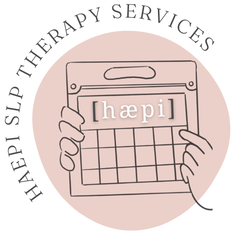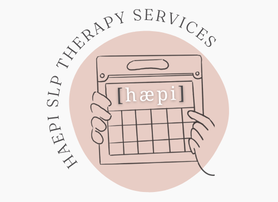|
This is going to be a vulnerable post, because part of reducing stigmatization involves being vocal and encouraging healthy discussion! I've struggled with anxiety and intrusive thoughts my whole life. While the earliest memories that I have are from age 7, my mom remembers my symptoms appearing as early as age 2. I had periods of time that were "easy" and periods of time that were… really hard. I didn't understand that this was obsessive compulsive disorder (OCD) until I was 23, and it was even later that I identified as neurodivergent. The larger neurodiversity movement helped me identify my own neurodivergence (i.e., being on the obsessive compulsive spectrum), and this has brought me more inner peace than I can articulate (but if I were to try, I'd say I finally started to feel seen, validated, affirmed, reassured, and understood). I never thought I could (or would!) share this information with the public. Over the years, I've felt a lot of shame and masked a lot of my feelings and symptoms because I wanted to appear "normal." At other times, I felt like I wasn’t neurodivergent *enough* to seek the supports/information that would help me thrive. But understanding that my brain is just wired differently, that my caudate nucleus (along with other areas in my orbital cortex) is hyperactive — and that other people experience the same thing!?! — has been life-changing. I now view my OCD as information (about me and about my brain) and it is something (neutral, neither good nor bad) that I simply have to manage as I move through life. Since it is a part of me, though, it also contributes to who I am as a clinician. I feel like I can better relate to my clients who have anxiety and sensory preferences. My attention to detail is a strength. I can use my own neurodiversity to help my clients feel empowered by theirs. I can demonstrate how to focus on one's strengths, and to give grace to areas that may need more support. Most importantly, I can create a therapeutic environment that will prevent the internalization of shame. Because there is nothing shameful about it. by Halle Demchuk, SLPPaediatric SLP | GLP-Trained Clinician | Owner of HAEPI SLP |
The HAEPI BlogCheck here for HAEPI updates, helpful SLP information, free resources, articles, and more!
Archives
June 2024
Categories
All
|
Empowering Happy Communicators |
get in touch |
Quick Links |
© HAEPI SLP THERAPY SERVICES.
HAEPI SLP Therapy Services is proudly neurodiverse, Indigenous-owned, and woman-operated.
We acknowledge that the City of Thunder Bay has been built on the traditional territory of Fort William First Nation, signatory to the Robinson Superior Treaty of 1850. We also recognize the contributions made to our community by the Métis people. We strive as guests on these lands to honour our responsibilities to care for this land and uphold the Treaties that were signed therein.



